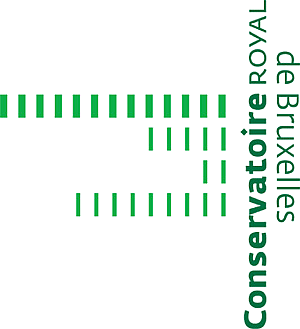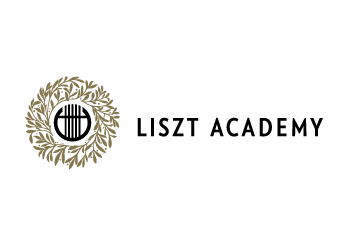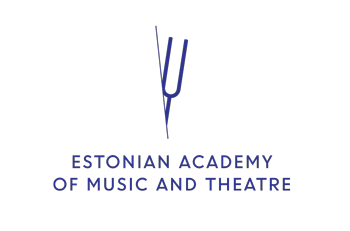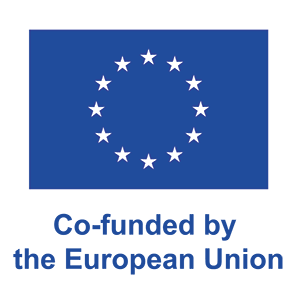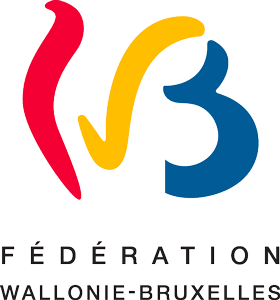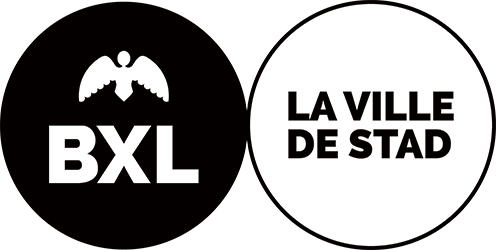Music analysis (602)
Conservatoire royal de Bruxelles
- Deepening of the study of the tonal grammar and of the forms in more complex works;
- Analysis of more elaborate works, possibly made of more than one movement, from the baroque, classical and/or romantic period;
- Deepened study of the classics of the first half of the 20th century;
- “Lied” Forms;
- Classical structure in its whole;
- The different sorts of Lieder;
- The cyclic form in F. Schubert’s works;
- The ancient modes;
- The Passacaglia;
- Béla Bartok, writing principles developed by Erno Lendvai;
- The neo-classical period of Igor Stravinsky;
- Study Methods:
- Listening analyzes, theoretical presentations and perspectives illustrated by specific analyzes of major works (* 2,6,4);
- Analysis works by individual or collective thinkings aimed to develop the interpersonal skills needed in workshops (*2,3,5).
- Stimulate the student’s artistic intellect through a better understanding of the Music, regardless of the period, the style, the form and the genre, which would allow them to analyse a piece in a way that would help them perform better (*2,3,6);
- Give the student as many analytical tools as possible which will be essential throughout their learning experience. This will help them acquire the autonomy needed for a personal way of analysing music matching their needs (*1,3,6);
- Develop an active listening of musical works (*2,3);
- Create an interdisciplinary connection between the different courses of the student’s first year of the first cycle. This would help expand the student’s interests in other musical fields, in perfect synergy with the artistic and pedagogical project of the Conservatoire (*4,5,6);
- Analyse and pertinently interpret data in order to come up with artistical propositions, and to express critical judgement which contains insights on social, artistical and aesthetic matters (*2,3,4,6).
